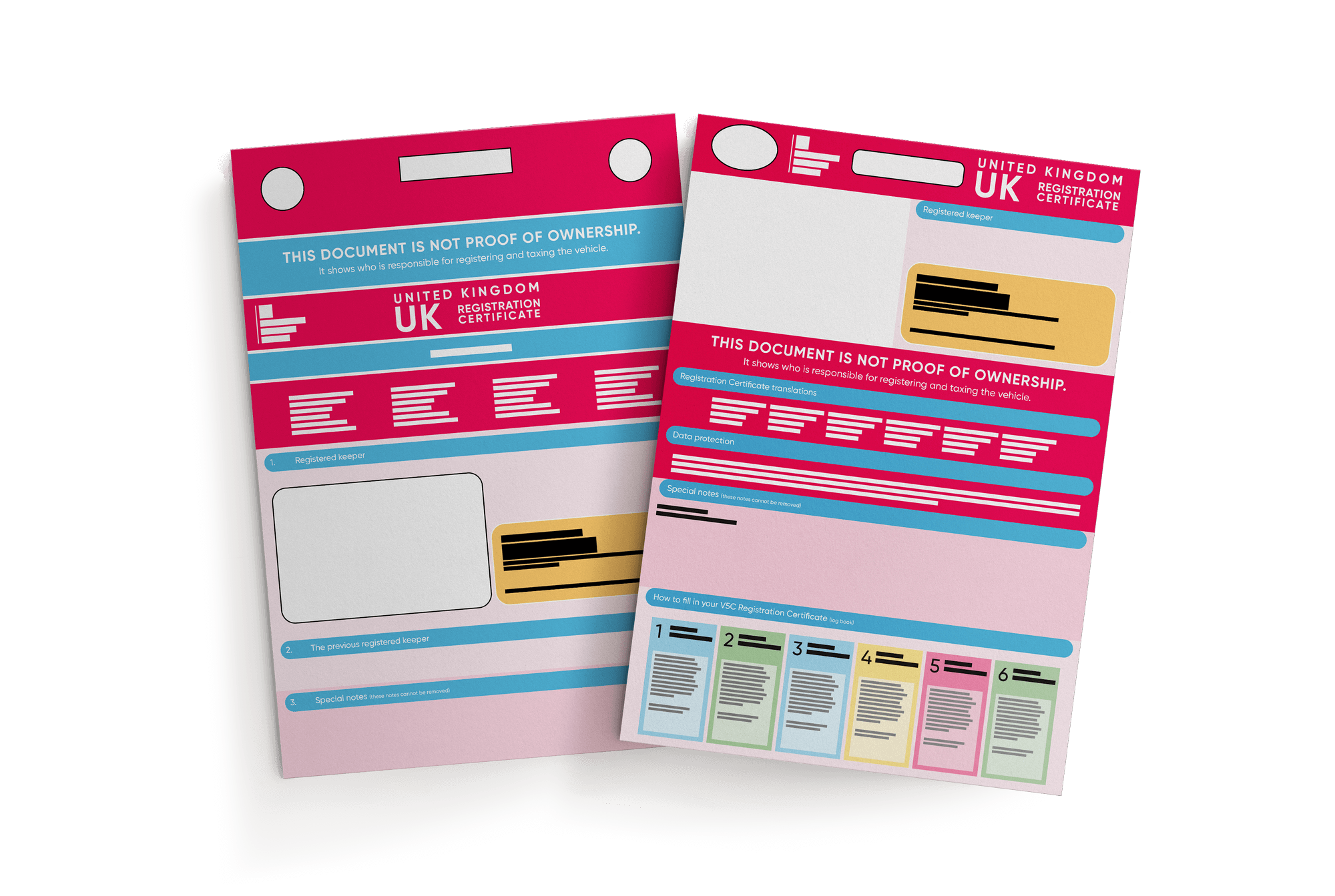Can you sell a car without the V5C?
In short: yes you can, but it can be tougher to do so. Because the V5C is not proof of ownership, and instead shows who is the registered keeper of the car, you can legally sell it without the V5C, if you can find a buyer. However, you do run the risk of limiting who you can sell to, getting a reduced offer for the car, or the buyer backing out of the sale entirely.
One reason potential buyers might not buy your car without the V5C is due to logbook loans. This involves borrowing money based on the value of your vehicle, but also requires handing over your V5C to the lender, and therefore your ability to show you’re the registered keeper. The buyer might suspect the car has been stolen or written off as a result and not go ahead with the sale.
How do I sell my car without the V5C?
It’s important that you’re clear about not possessing the V5C logbook when selling your car to a buyer. Doing so can pave the way for an honest, open transaction and improve your chances of finding a buyer for your vehicle, who’ll accept it without the V5C.
Once a buyer has been found, you’ll need to supply a ‘bill of sale’ as part of the transaction, which provides the new owner with the detail they need to secure a V5C logbook.
This detail includes:
• The car’s model, make and registration number
• The buyer’s full name
• VIN (vehicle identification number) found on the door pillar or dashboard corner near the driver’s seat)
• Price and payment terms
• Signatures from the buyer and seller
• Exact date of sale
• Confirmation that the vehicle is ‘sold as seen’ – is being sold in its current condition
As part of any car sale or when removing private plates, you also need to let the DVLA know that the car is no longer yours.
The following information must be sent to the DVLA by post:
• Your name and address
• The vehicle’s registration number
• Make and model
• Exact date of sale
• Name and address of the vehicle’s new keeper
Can I order a new V5C?
As we’ve shown, it is possible to sell your car without a V5C, albeit with some challenges. We therefore recommend having one available at all times to make the car-selling process much easier.
A replacement V5C logbook can be ordered from the DVLA online or by phone on 0300 790 6802 for £25. You will need:
• The vehicle registration number
• The VIN (vehicle identification number)
• Name and postcode registered to the V5C logbook
An online application should see your new V5C arrive within five working days. When ordering by phone, it is usually delivered in around four weeks.
